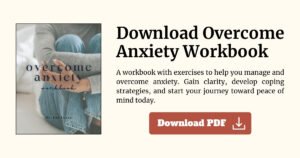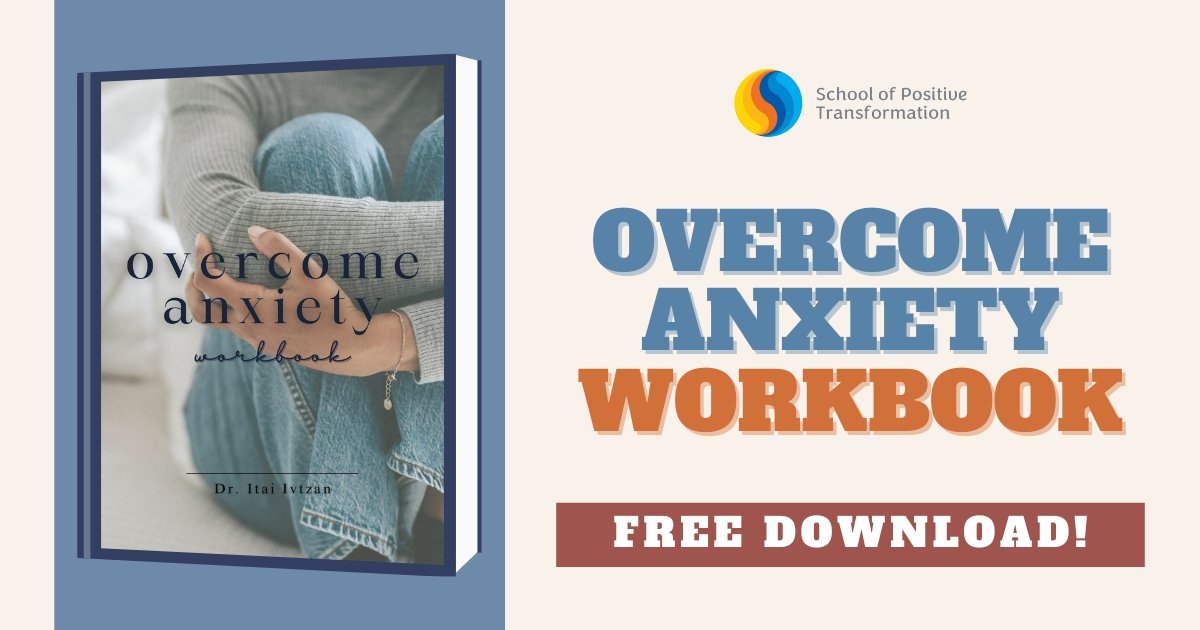Mindfulness Training Online Topic— Scientifically-Backed Challenges of Meditation
 Challenges of meditation has grown in popularity over the last few decades due to its well-researched benefits, including decreasing stress, heart rate, breathing rate, anxiety and improving concentration, mood, sleep and resilience.
Challenges of meditation has grown in popularity over the last few decades due to its well-researched benefits, including decreasing stress, heart rate, breathing rate, anxiety and improving concentration, mood, sleep and resilience.
Before signing up for mindfulness training online, I bet you have already read or heard a lot about the benefits of meditation, but have read anything yet about how meditation can be bad for you? Yes, there are!
It might be surprising to know that some scientific researches and studies discussed the adverse effects and challenges in the practice of meditation.
Research Inconsistencies
Paper Review: Challenges Associated with Meditation Practice
Dangers of Meditation
As someone who wants to pursue a meditation teacher training course, I really researched about how the benefits of meditation and I could say that they are a lot! But unexpectedly I also found myself looking into researches that claim about dangers of meditation.
Before you continue you might like to consider our free worksheet on exploring “Overcome Anxiety”. Please download this worksheet here.
 Research Inconsistencies
Research Inconsistencies
Meditation became more popular after the emergence of positive psychology. Scientifically, some researchers can attest to the benefits of practicing meditation. It even found its way to being incorporated in psychotherapy these days.
The researches about the benefits of meditation, although abounding were also contested due to small sample sizes and weak experimental designs. The research by Goyal and colleagues (2014) particularly made news as they wrote a review of 47 trials in 3,515 participants.
The following are their findings:
- Studies about mindfulness meditation programs that span from eight weeks and 3-6 months were found to improve anxiety, depression, and pain, but they cited that these results are only “moderate evidence”
- There is “low evidence” for improved stress/distress and mental health-related quality of life.
Low-to-no evidence of any effect on positive mood, attention, substance use, eating habits, sleep, or weight. - No evidence was found that supported how undergoing meditation programs is a better option than any active treatment (drugs, exercise, behavioral therapies.)
- They also noted that the studies up until June 2013 did not specify the background or level of expertise of the meditation instructor, the number of meditation training patients that signed up, and the amount of meditation exercise done by at-home practice patients
In 2014, the same year that this study by Goyal made headlines, another research was published that looked into the actual challenges encountered during meditation practice, it will be discussed below.
Paper Review: Challenges Associated with Meditation Practice
A paper by Tim Lomas and colleagues entitled “A Qualitative Analysis of Experiential Challenges Associated with Meditation Practice” uncovered some “psychological challenges associated with its practice”.
The results of their paper aimed to help those planning to go into meditation teacher training programs and “practitioners who want to utilize meditation in their clinical, counseling, and psychotherapeutic practices.”
They found four main problems which are listed below in terms of increasing severity:
- Meditation was found to be a difficult skill to learn and practice;
- Participants encountered troubling thoughts and feelings which were hard to manage;
- Meditation reportedly exacerbated mental health issues, such as depression and anxiety; and in a few cases,
- Meditation was associated with psychotic episodes.
The above challenges were observed in the studies’ sample of men who were practicing meditation (not limited to mindfulness meditation). Their findings are important issues to look into to help improve and protect those who are practicing meditation in the community and those incorporating it into their therapeutic methods.
The following are the general recommendations that they had to address the above problems:
- Their first recommendation was that “meditation exercises focusing on thoughts or emotions may be inadvisable for clients in a state of anxiety or low mood”. Instead, they suggested the use of meditation practices focusing on physical sensations like breathing for those battling anxiety and low moods. This meditation exercise helps a practitioner dwell away from their negative thoughts and feelings. This recommendation was noted to also be suggested by some participants.
- The second problem that arose as mentioned earlier was that practitioners find it difficult when they are about to face their troubling thoughts and feelings, and thus they recommend that after the meditation session, the clients should also seek help and support to help them process and work on their issues.
- Men found it difficult to practice and learn meditation which may be due to their “prior tendencies towards restrictive emotionality”. This brought the researchers to suggest that a meditation instructor should also be aware and help their clients as they learn to recognize their emotions and cultivate compassion. Although their study only involved men, there is also a study that shows how women fail to practice self-compassion when it revolves around body image and weight.
- Lastly, a meditation teacher should be cautious in suggesting community practice to clients, as they may tend to “encounter difficulties in the practice” together with a lack of therapeutic support to help them manage it.
To this day, these two researches mentioned are used as backbones of new researches that aim to safeguard practitioners and help meditation teachers improve their support and help to their clients.
 Dangers of Meditation
Dangers of Meditation
The following is a summary of the dangers of meditation:
- There can be “harm” in practicing a “wrong” meditation technique for you.
- Hidden and suppressed emotions may be triggered and become a hindrance.
- Experiential side-effects like seeing visions, hallucinations, illusions, or lights experienced by others can be misleading and may bring frustration to others.
- Unmet “expectations from meditation” like not being able to achieve calmness, finding it difficult to sit for long, and not feeling negative emotions.
- Learning self-compassion through meditation is not instant and may not be that easy.
- Learning non-attachment should be emphasized that it is not about repressing feelings, being passive, avoidance, or disregard.
- Meditation should not be considered a sole answer for psychological difficulties, professional help should be sought before using it in a therapy program.
So we go back to the question, are there really dangers in practicing meditation?
Well, I can say that there are really are “dangers” to meditation practice which comes in the form of hindrances— especially if you are not guided by a certified meditation teacher. Remember that a meditation instructor has gone through intensive training and programs to ensure that they can help and support their clients in combatting these hindrances… meaning encountering the dangers of meditation is truly up to you and not just solely because of practicing meditations.
Challenges of Meditation is one of those skills that anyone can learn and it requires no props, equipment or credit card. The only expectation is that you show up with a willingness to sit still in a quiet space for a few minutes and breath with awareness.
Are you ready to explore mindfulness while navigating its potential challenges? Download our Overcome Anxiety Workbook to better understand how meditation can be a powerful tool in managing stress, anxiety, and emotions. This workbook will help you develop the self-awareness and compassion needed to face the obstacles that sometimes come with meditation, ensuring a more balanced and mindful approach to your practice. Start your mindful journey today!





